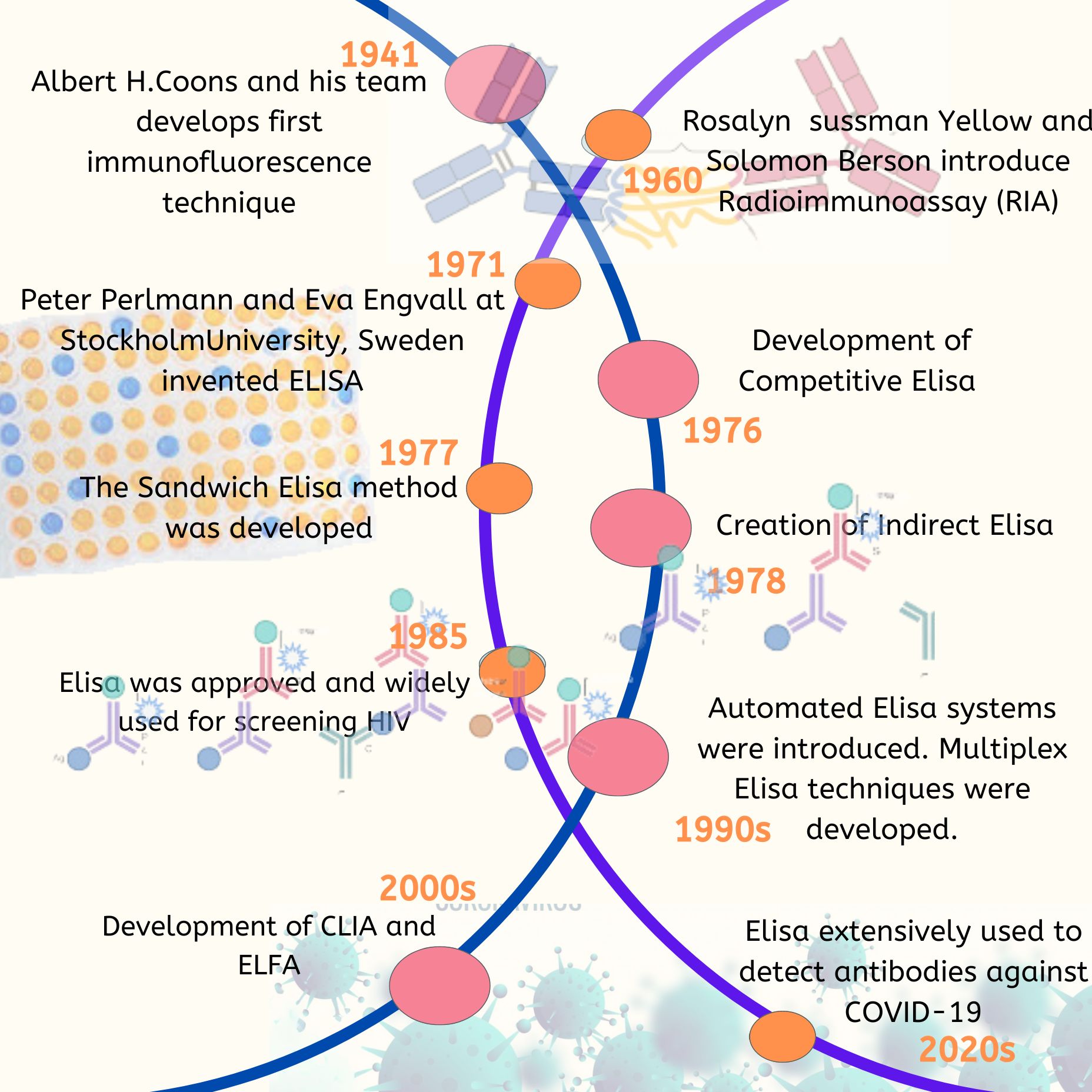Table of Contents
I. Introduction
II. Trispecific Antibody Confers Immunity from HIV-like Virus in Monkeys
III. Collaborative Effort Between NIH and Sanofi
IV. Proprietary Technology of Sanofi
V. Comparative Study on Monkeys
VI. Manufacturing of Trispecific Antibody
VII. Phase 1 Trial to Test Safety and Pharmacokinetics
VIII. Study on HIV Infected People
IX. Engineered Antibodies for Treating Patients with Serious Ailments
X. Combination Therapies for HIV and Cancer
XI. Conclusion
In a press statement released by National Institutes of Health (NIH) on September 20, 2017, it was reported Sanofi’s three-in-one antibody conferred immunity from HIV-like virus in monkeys. The collaborative effort between NIH and France-based pharma major Sanofi achieved a significant milestone as the engineered antibodies (trispecific) stopped a greater number of HIV strains from infecting cells in lab conditions compared with single effective antibodies. The trispecific antibody targets three different critical sites on HIV strains, effectively countering the dodging mechanism of the virus.
The team now aims to conduct early-phase clinical trials that aim to moderate the dosage level, study the effects of trispecific antibody, toxicities and side effects, and pharmacokinetics. It is widely believed that the new trispecific antibody should be effective against HIV compared with single antibodies.
Using proprietary technology of Sanofi, individually best performing HIV antibodies such as VRC01, PGDM1400 and 10E8v4 are combined to achieve desirable outcomes in a clinical setting. In a comparative study conducted on monkeys, the trispecific antibody was found to be conferring immunity in all six monkeys exposed to both – different strains of HIV and trispecific antibody. However, monkeys administered with specific antibodies were found to be infected by strains of HIV.
Sanofi is now manufacturing the trispecific antibody for use in Phase 1 trial to test safety and pharmacokinetics in healthy and ailing people. The study is expected to begin by late 2018. The study on HIV infected people would be conducted separately with the help of NAID.
For some years now, the scientific community focused on infectious diseases, autoimmune diseases and cancers believe engineered antibodies could be an effective way of treating patients with serious ailments.
Combination therapies are already seen as effective in treating HIV and Cancer. Engineered antibodies, if successful, would become a new class of focused drug agents and help in neutralizing challenges caused by the remarkable genetic diversity of viruses around the world.
References
https://www.nih.gov/news-events/news-releases/three-one-antibody-protects-monkeys-hiv-virus



